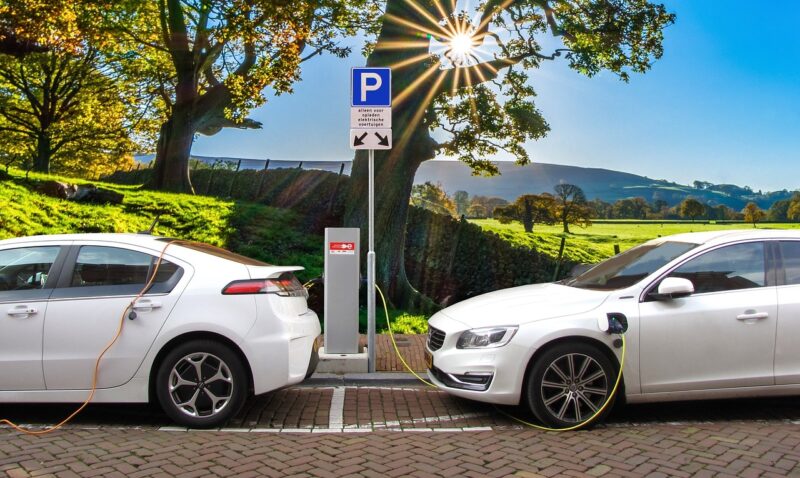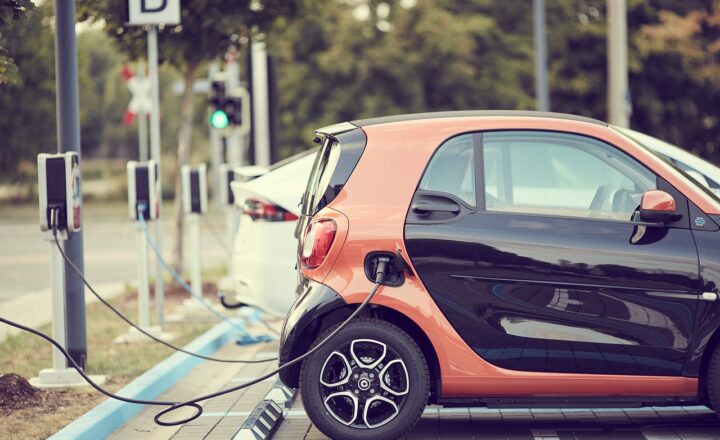
As the world shifts towards more sustainable transportation options, understanding the differences between hybrid cars and electric cars has become crucial for consumers. Both types of vehicles offer unique benefits and challenges, making the decision between them vital for environmentally conscious buyers and those looking to reduce fuel costs. In this article, we will explore the pros and cons of hybrid cars versus electric cars, helping you make an informed choice that aligns with your lifestyle and values.
1. What are Hybrid Cars?
Hybrid cars combine an internal combustion engine with an electric motor to improve fuel efficiency and reduce emissions. They operate using both power sources, allowing for greater flexibility and range compared to purely electric vehicles.
Popular models include the Toyota Prius, Honda Insight, and Ford Fusion Hybrid. Many hybrids feature regenerative braking, which captures energy lost during braking and converts it into electricity to recharge the battery.
2. Advantages of Hybrid Cars
– Fuel Efficiency: Hybrid vehicles typically offer better fuel economy than traditional gasoline vehicles, making them a cost-effective option for everyday driving. Many hybrids can achieve up to 50 miles per gallon or more, significantly reducing fuel expenses.
– Extended Range: Unlike pure electric cars, hybrids do not require lengthy charging sessions. They can switch seamlessly between gasoline and electric power, allowing for longer road trips without the anxiety of finding charging stations.
– Lower Emissions: While hybrids still emit some pollutants, their carbon footprint is often lower than conventional cars due to improved efficiency. This can contribute to cleaner air in urban environments.
– Less Charging Infrastructure Required: Hybrid cars can be fueled at standard gas stations, which are more prevalent than charging stations. This convenience can be a significant advantage for those living in areas with limited charging options.
3. Disadvantages of Hybrid Cars
– Complexity: The combination of two power sources makes hybrids more complicated, which can lead to higher maintenance costs. Repairs and diagnostics may require specialized knowledge.
– Battery Replacement Costs: The battery pack in a hybrid can be expensive to replace if it fails, typically costing several thousand dollars. Although hybrids generally offer warranties on their batteries, replacement can still be a financial concern for some owners.
– Performance Issues: Hybrids may not accelerate as quickly as some fully electric models, which can lead to a less thrilling driving experience.
4. What are Electric Cars?
Electric cars operate solely on electric power, utilizing large rechargeable batteries to operate an electric motor. Unlike hybrids, they do not have a gasoline engine and rely entirely on electricity sourced from charging stations or home outlets.
Popular electric vehicles include the Tesla Model 3, Nissan Leaf, and Chevrolet Bolt EV. As battery technology improves, EVs are becoming increasingly popular due to their performance and environmental benefits.
5. Advantages of Electric Cars
– Zero Emissions: Electric cars produce no tailpipe emissions, making them a clean choice for the environment. This helps to reduce air pollution and combat climate change.
– Lower Operating Costs: EVs are usually cheaper to operate than hybrids or gasoline cars, benefiting from lower fuel costs per mile. Maintenance is generally less demanding, as electric vehicles have fewer moving parts.
– Instant Torque and Performance: Electric motors provide instant torque, resulting in rapid acceleration and a smooth driving experience. Many drivers appreciate the performance advantages of electric cars in urban settings.
– Incentives and Tax Benefits: Many governments offer tax credits or incentives for purchasing electric vehicles, which can reduce the upfront costs significantly. Moreover, some regions provide perks like access to carpool lanes or reduced toll fees.
6. Disadvantages of Electric Cars
– Charging Infrastructure Needs: Although more charging stations are being installed, the availability may still be a concern depending on your location. Long trips may require thorough planning and access to fast charging stations.
– Range Anxiety: Electric cars have a limited range compared to hybrids, with many models offering between 150 to 370 miles on a full charge. Range anxiety can deter potential buyers who fear running out of power on long trips.
– Battery Life and Replacement Costs: Although EV batteries have improved significantly, they may still require replacement after 8-15 years, which can be a significant expense.
7. Hybrid vs. Electric: Making the Choice
When it comes to choosing between hybrid and electric cars, consider your driving habits and lifestyle. If you frequently take longer trips, a hybrid might be more suitable due to its extended range and reliance on traditional fuel sources. Conversely, if your daily commuting is typically short and you have access to charging facilities, an electric vehicle could offer significant long-term savings and environmental benefits.
Key considerations include:
– Cost of Ownership: Compare the initial purchase price, maintenance costs, fuel costs, and potential tax incentives. What seems like a better value could change depending on your usage.
– Environmental Impact: Be honest about how important reducing your carbon footprint is to you. Fully electric cars have a lower overall impact compared to hybrids.
– Driving Experience: Test drive models from both categories and see which one better fits your preferences for speed, handling, and comfort.
Conclusion
Ultimately, the choice between hybrid and electric vehicles hinges on individual needs and circumstances. Both types of vehicles offer a more sustainable alternative to traditional gasoline-powered cars, catering to a variety of consumers. By weighing the pros and cons of each and considering your own driving patterns, you can make a well-informed decision that promotes not only personal savings but also environmental sustainability. As technology continues to evolve, the options available to eco-conscious consumers will only become more diverse and advanced, paving the way for a cleaner future on the roads.







